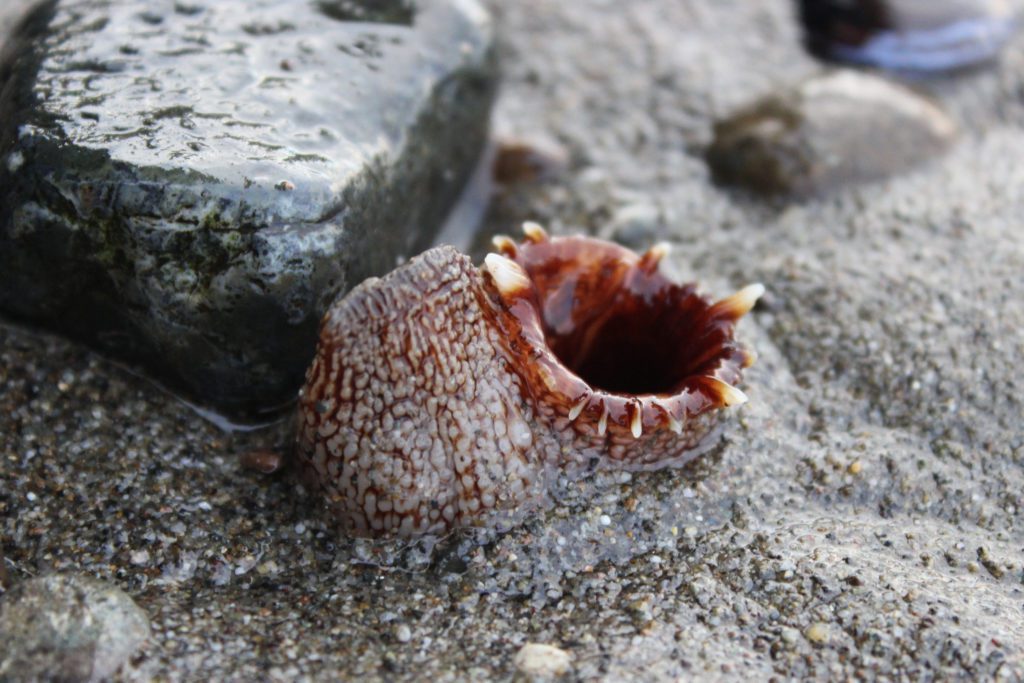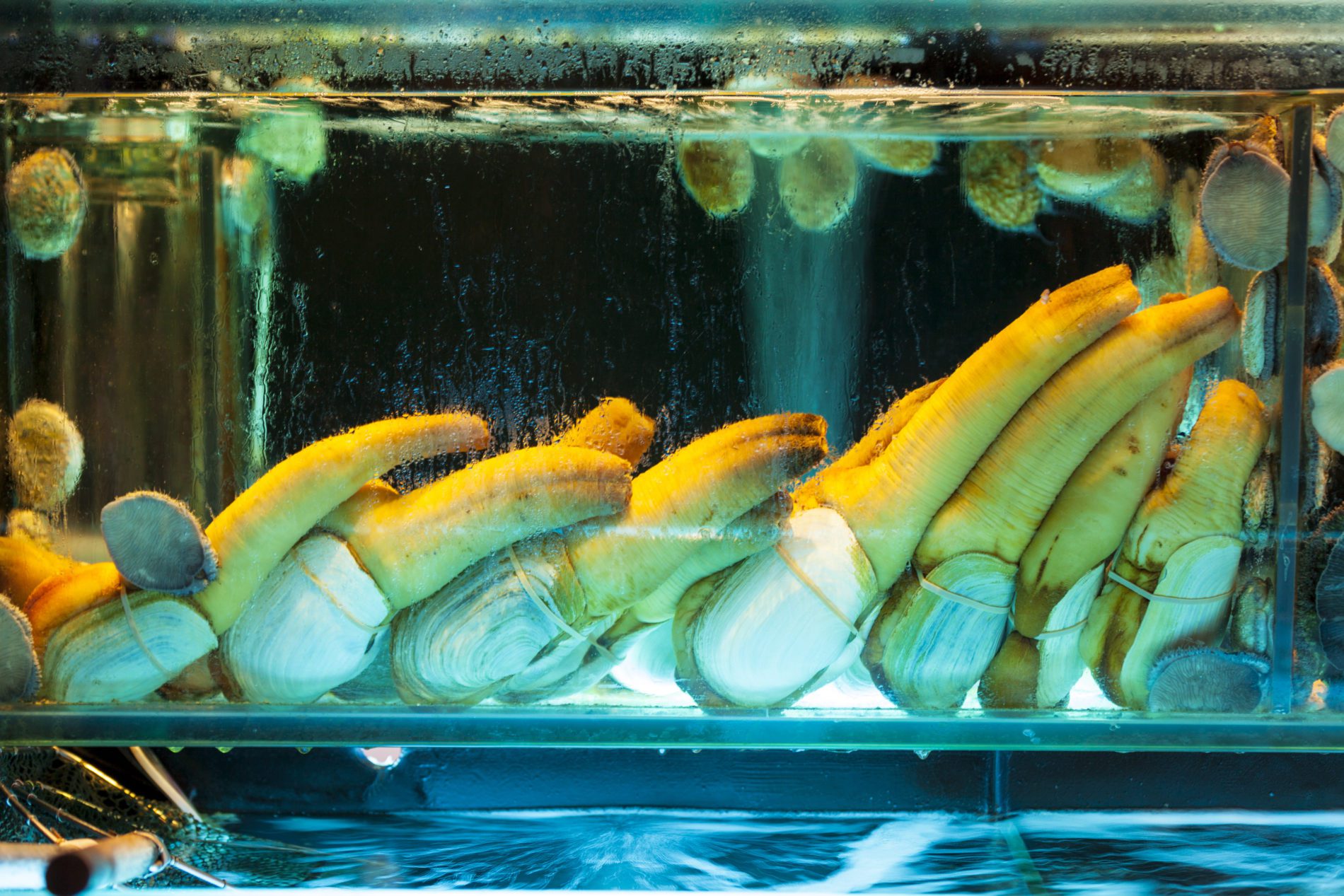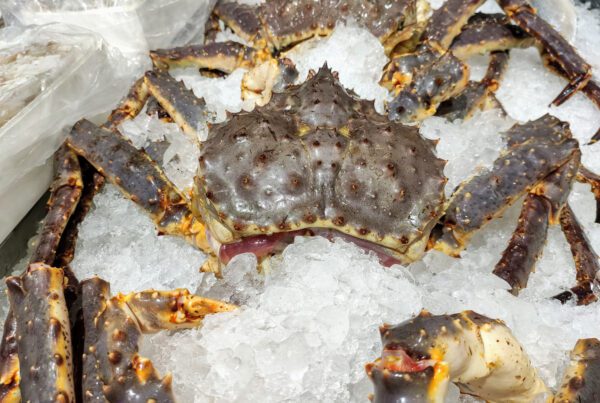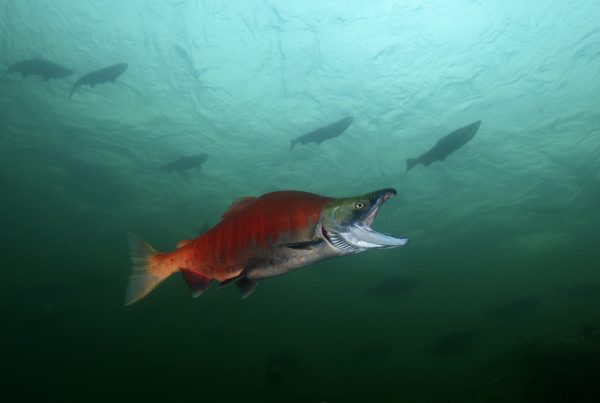Washington state fishermen are again struck by the tariff negotiations between the US and China as geoduck exports are falling compared to previous years. The demand that remains is being better filled by either other countries, not handicapped by tariffs, or other commodities coming into fashion. While these oversized clams (pronounced gooey-duck meaning dig deep) are still moving to market, a plethora of issues have slowed their demand and that’s hurting the suppliers who count on this ocean crop.
It follows the trend of Chinese tariffs are up, but also consumer taste has been trending to other commodities and country of origins. The demand that remains for geoduck is being met by Canadian suppliers who aren’t weighed down by the tariff negotiations and excess 35% cost added to US supplies. Consumer demand is also lower, as more customers in China are looking to lobsters and other shellfish, though restaurant traffic has dropped as the Chinese economy inevitably slows and other nations like Hong Kong are busy with protests and civil unrest.

Geoduck are managed to be sustainable; they can live up to a century and be market sized within five years. They live, buried around 3 feet deep in sediment, feeding on the plankton of seawater, swelling with every day. Sustainable doesn’t mean safe though; they are dangerous to harvest. Divers who collect the geoducks are concerned that they’re seeing older clams more often but those are not as valuable – they’re tougher, with thicker shells and not considered the delicacy that young geoducks are.
The entire industry is suffering today because of stress to all elements of the economic model. Prices have fallen around 45% as prices in 2016 were worth $ 10.00 per lb more than the current market price. The 400 lb. harvested by Walter Lorenz sold for $2,444.00 today, but three years ago it would have brought him $6,420.00.
CFI is committed to reporting on the issues impacting the sustainable seafood and fishermen who work to supply other nations. The issue surrounding the geoduck is a hybrid of nature vs. nurture, though most of these problems are directly a nurture issue that exacerbates the natural ebb and flow of commerce. We will work hard to keep you informed on the outcomes of these issues as trade negotiations take shape and we hope the market returns with geoduck gusto.



